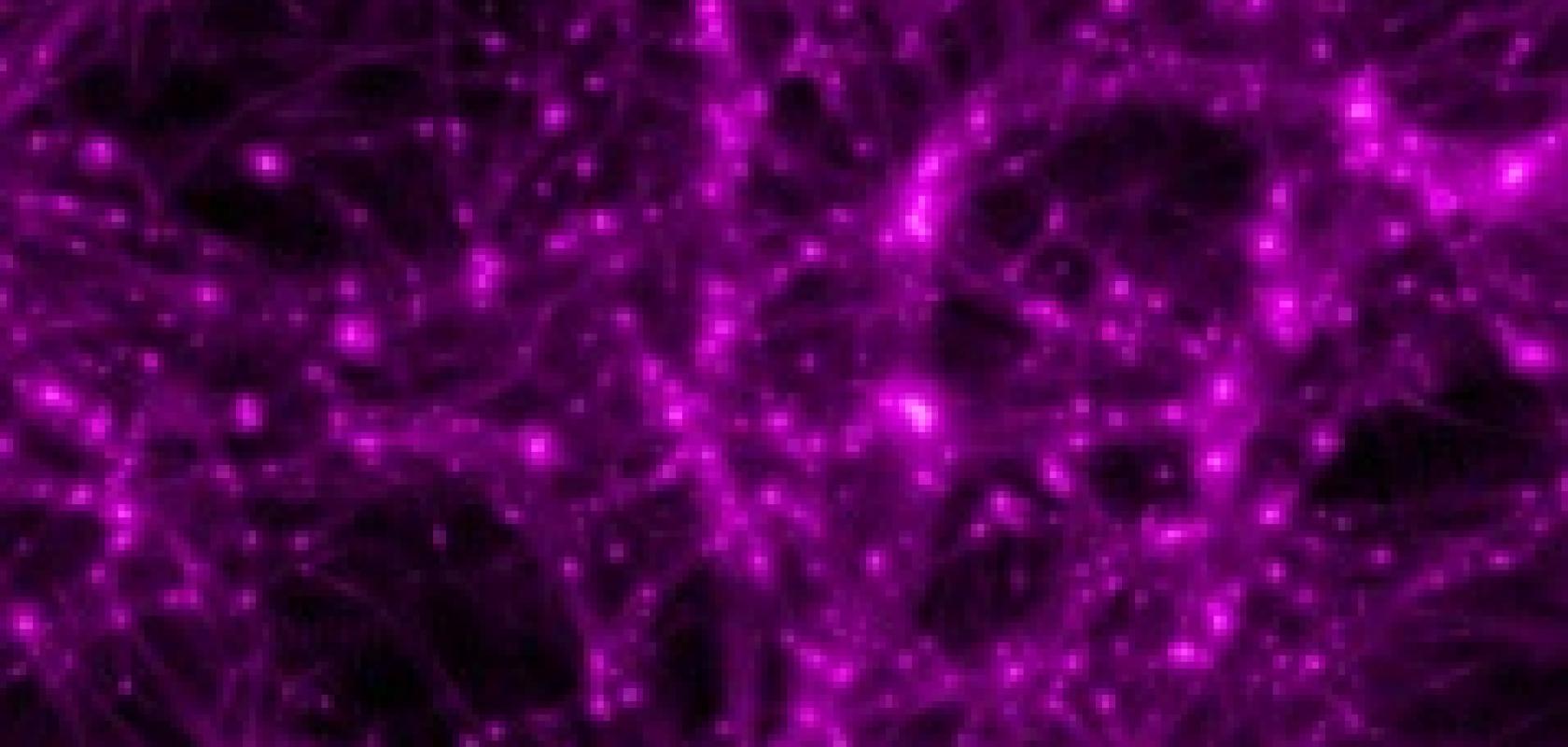A supercomputer capable of doing a billion calculations each second has been installed at the University of Portsmouth, enabling cosmologists to test our understanding of the origin of galaxies and of gravity itself. The supercomputer, named 'SCIAMA', has a 1008 Intel core cluster, which represents the equivalent strength of approximately 1,000 desktop systems, 2GB of memory per core, 85 Tbytes of fast parallel storage and uses 2.66GHz Intel Xeon processors. It is designed to receive, process and present large amounts of astronomical data very quickly.
Researchers at the university's Institute of Cosmology and Gravitation (ICG) will use the supercomputer to simulate vast regions of the universe, investigate the properties of hundreds of millions of galaxies and solve complex cosmological problems. Gary Burton, ICG's senior specialist technician, will be responsible for managing the supercomputer. He said: ‘The huge power of a supercomputer like SCIAMA is necessary to deal with the vast amount of observational data coming from satellites, telescopes and other detectors. Using it will allow us to explore the whole of cosmic history and analyse data that contains fundamental clues about the origins of the universe.’
SCIAMA has been designed and supplied by Dell, in association with Alces Software. It will be housed in a university computer room, where researchers can access it remotely from their laptops or PCs. The installation of the computer has been jointly funded by the South East Physics Network (SEPNet), the Higher Education Funding Council for England (HEFCE) and the University of Portsmouth. In addition to being used by cosmologists at the university, users at all SEPNet astronomy departments will also have access.


